What Minnesota is prepared to pay an international pianist
NewsThe job advert below speaks for itself. The University of Minnesota in Duluth is seeking an Assistant/Associate Professor of Piano.
The applicant is expected to have a DMA or PhD, along with ‘international and national recognition and accomplishment as a professional pianist’.
The pay for a fulltime job? $47,272 a year.

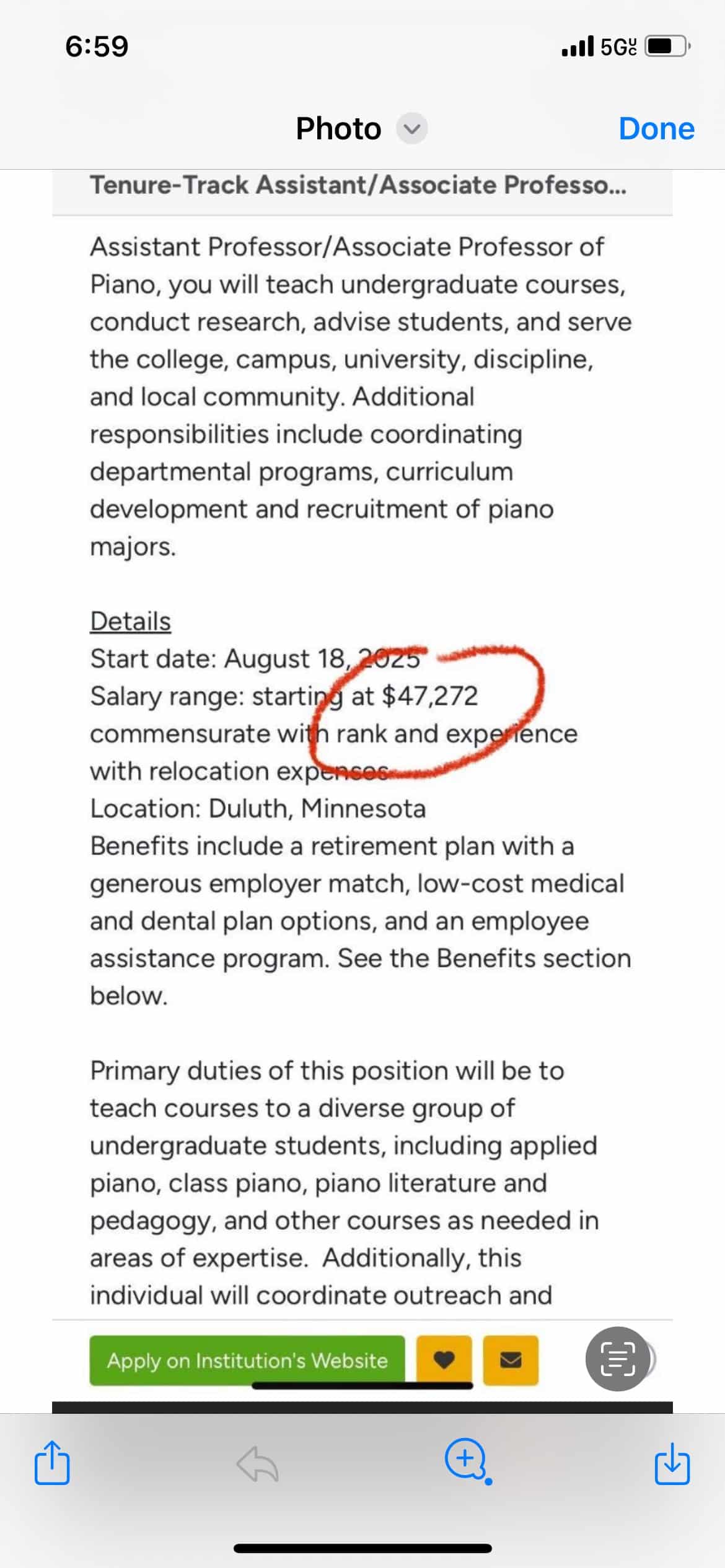
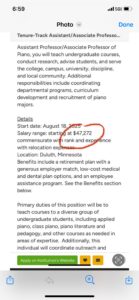
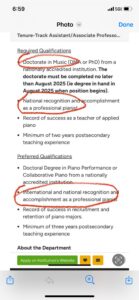
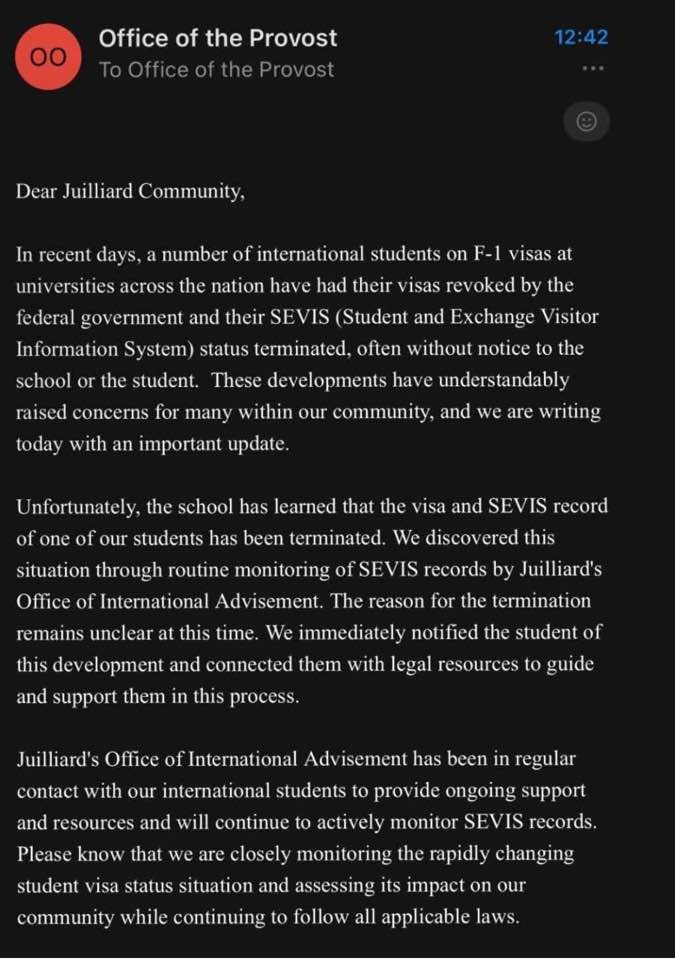

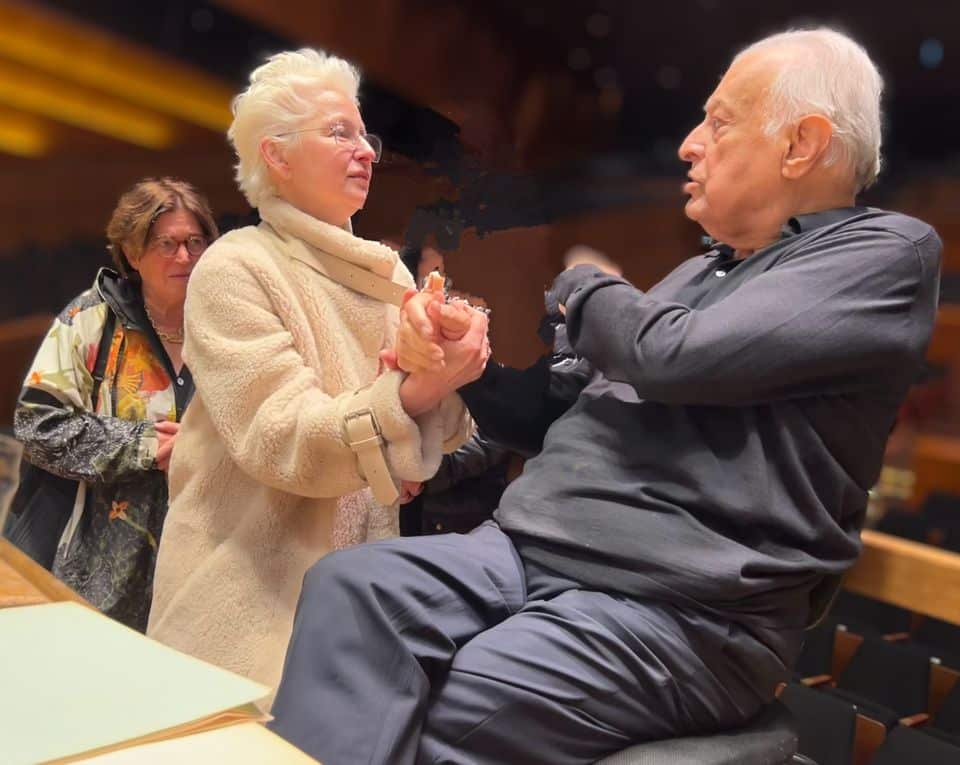

Comments